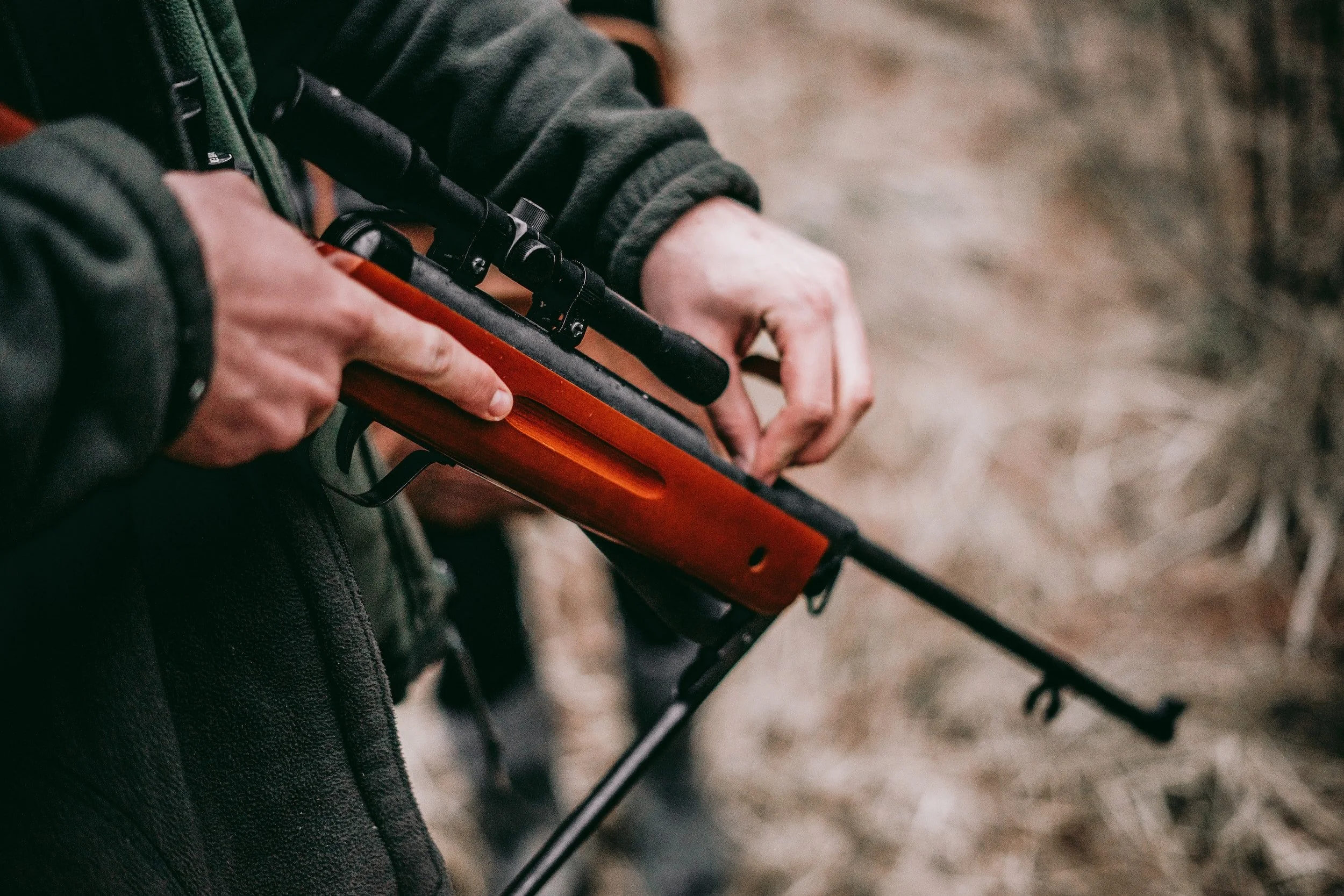How To Choose The Right Scope For Hunting
When you're hunting, the most critical factor to consider is the game you're targeting. Different animals require different levels of power and accuracy to take them down. For example, a deer is much easier to take down with a rifle than a bear.
Choosing the proper scope for your rifle is essential to ensuring you have the power and accuracy you need to take your target down. When choosing a scope, many factors exist, such as magnification, light transmission, and parallax adjustment. This article will discuss choosing the proper scope for your hunting needs based on your target animal.
Scope Magnification
Different animals require different levels of magnification to bring them down. For example, a deer can be taken down with 3-9x scope, but a bear would require a much more powerful scope, such as an 8-32x.
The level of magnification you need will also depend on the range at which you plan on taking your shot. You will need a more powerful scope if you plan to take a shot from a long distance. Conversely, if you plan to take a shot from a shorter distance, you can get away with a less powerful scope.
What is the Field of View?
The field of view is the area you can see through the scope at any given time. A larger field of view is better for tracking moving targets, while a smaller field of view is better for long-range shooting. The field of view is affected by the magnification level of the scope.
Higher magnification will result in a smaller field of view, while a lower magnification will result in a larger field of view. When choosing a thermal scope, consider how you will use the scope and what field of view is best for your needs. You can find out more online about the best market thermal scopes. Take time to look at the features of each before making a decision. Also, focus on the best price and not simply the product with the lowest price tag.
Light Transmission
This is especially important if you plan on hunting in low-light conditions, such as in the early morning or late evening. You will need a scope with sound light transmission to see your target.
Many factors affect light transmissions, such as the quality of the glass, the coatings on the lens, and the size of the objective lens. A larger objective lens will result in a brighter image. The best way to determine how much light transmission a scope has is to look at the specifications provided by the manufacturer.
Parallax Adjustment
This feature allows you to adjust the scope's point of aim to align with your target. This is especially important if you are shooting long distances, as even a tiny error can result in a miss.
When you want to understand the importance of parallax, think about how an image in a mirror appears to move when you move your head. The image is not moving; it's just an optical illusion. The same thing can happen with a scope if it is not correctly adjusted for parallax.
How is the Reticle?
The reticle is the crosshair or dot in the center of the scope that you use to aim at your target. Many types of reticles exist, such as duplex, mil-dot, and BDC. The type of reticle you choose will depend on your preference and target game.
Duplex reticles are the most common type of reticle and are suitable for a wide range of hunting applications. Mil-dot reticles are designed for long-range shooting and are popular among target shooters. BDC reticles are designed for use with a bullet drop compensating (BDC) Scope, which is helpful for hunters shooting at long range.
How Much Does the Scope Weigh?
The weight of the scope is an important consideration, especially if you are planning on carrying your rifle for a long day of hunting. A heavier scope will make your rifle more challenging to carry and can even cause fatigue over time.
Many different materials are used in scopes, such as aluminum and magnesium. The material you choose should be based on your personal preference and the weight of your rifle.
Take time to compare the different scopes concerning weight before any decision.
When choosing a scope for hunting, you must consider many critical factors. The most crucial factor is the intended use of the scope. You will also need to consider the magnification level, light transmission, reticle type, and field of view. Keep these factors in mind when shopping for a new scope, and you'll be sure to find the perfect one for your needs.










